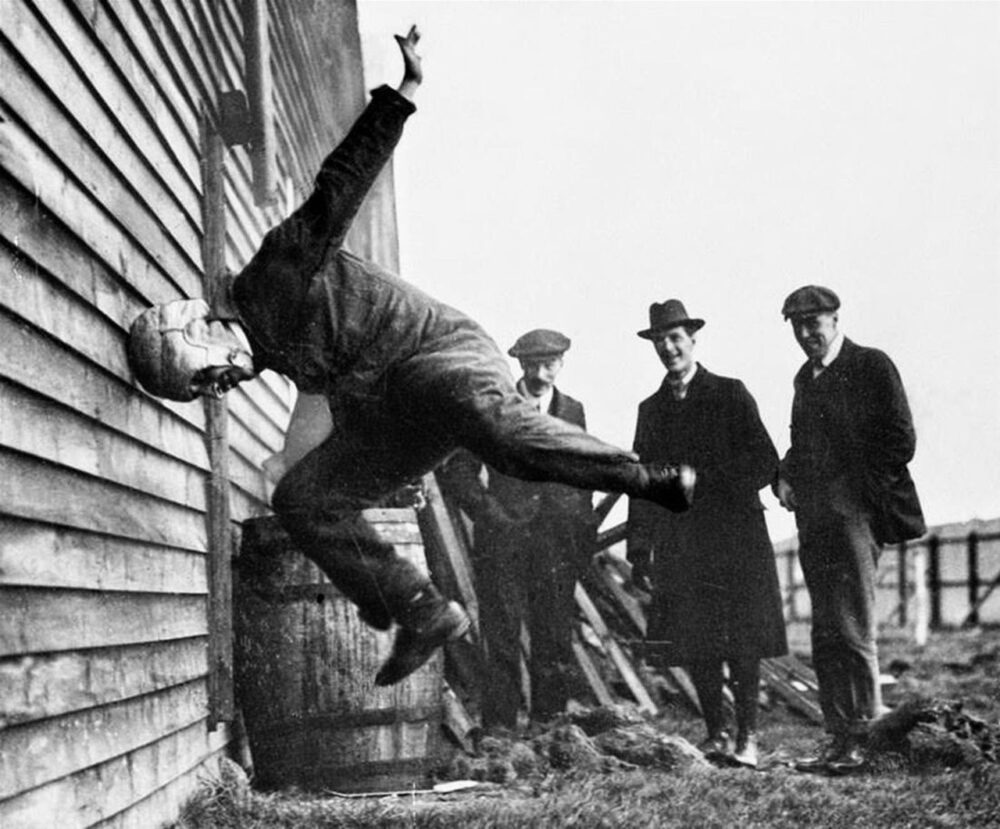The Luchins Effect: The Barrier of Past Experience
Once, the famous Werner Erhard came up with an extended metaphor to describe the behavior of ordinary people—what he considered to be “losers.” Laboratory rats are released into a maze, at the end of which lies delicious cheese. The rats learn (with some difficulty) the path to the cheese and enjoy their meal. At some point, the cheese is moved to another location, and then removed altogether. Yet, in both cases, the rats continue to overcome obstacles to reach the place where there is now nothing at all…
Another well-known psychologist conducted a series of experiments with people and noticed a similar effect, which was later named after him—the “Luchins Effect.” Here’s how it worked: a group was given five tasks, each of which could only be solved in one rather complicated way. After successfully solving these five problems, the group received new tasks that could be solved in two ways: the old, complicated way, and a simple, obvious way. As you might guess, the group continued to solve the new problems using the most complicated method.
Worse still, when Luchins gave tasks that required a completely different approach, the group was stumped and couldn’t solve them at all. The favorite question of math teachers everywhere—“But have you tried thinking?”—hung in the air…
The Luchins Effect, observed in individuals when solving life’s problems, actually points to a rather unpleasant thing—a personality disorder expressed as rigidity of thinking. What is rigidity of thinking?
What Is Rigidity of Thinking?
Rigidity of thinking is the difficulty or inability to change previously planned actions when circumstances change. By the way, over time, rigidity of thinking can also lead to rigidity of the muscles—a deformation of the muscular system “stuck” in the expression of a particular emotion. That’s why body language so eloquently tells others who a person really is—the posture of a coward “hangs in the air” like the grin of the Cheshire Cat, lingering long after, mockingly overlaying our positive affirmations and shouts of “Me, me, me!”
What Inevitably Leads to the Luchins Effect in Our Lives?
- Monotonous activity, combined with
- Solving truly difficult problems in the presence of
- Danger.
Well, did I sum up our existence in three points?
The Luchins Effect has several synonymous names, the most common being: “the barrier of past experience” and “the effect of dulling.”
The Cause of the Luchins Effect
The “culprit” of the Luchins Effect is a mechanically trained skill for stereotypical solutions to stereotypical problems. This skill does have practical value—its purpose is to free up the mind for more important tasks that arise in problematic situations. However, mechanical skill should not take over and dull a person’s mind. In his experiments with schoolchildren and students, Luchins himself showed how easily mechanical actions and favorite methods of repetition can dull even very intelligent children. Luchins called this “blindness” and noted that in some advanced cases, it was already incurable. It was incurable in schools with a low level of teaching culture, where children were drilled by rote memorization. This cognitive “blindness” could be cured when a person was taught the essence (or “physical meaning”) of the actions they were performing. That’s really all there is to it.
The enemy of a successful personality is any condition of existence that turns a person into a mindless mechanism, an automaton. Because both a mechanism and an automaton are, in fact, non-persons. They are not aware of what they are doing or why.



